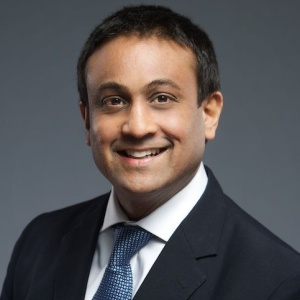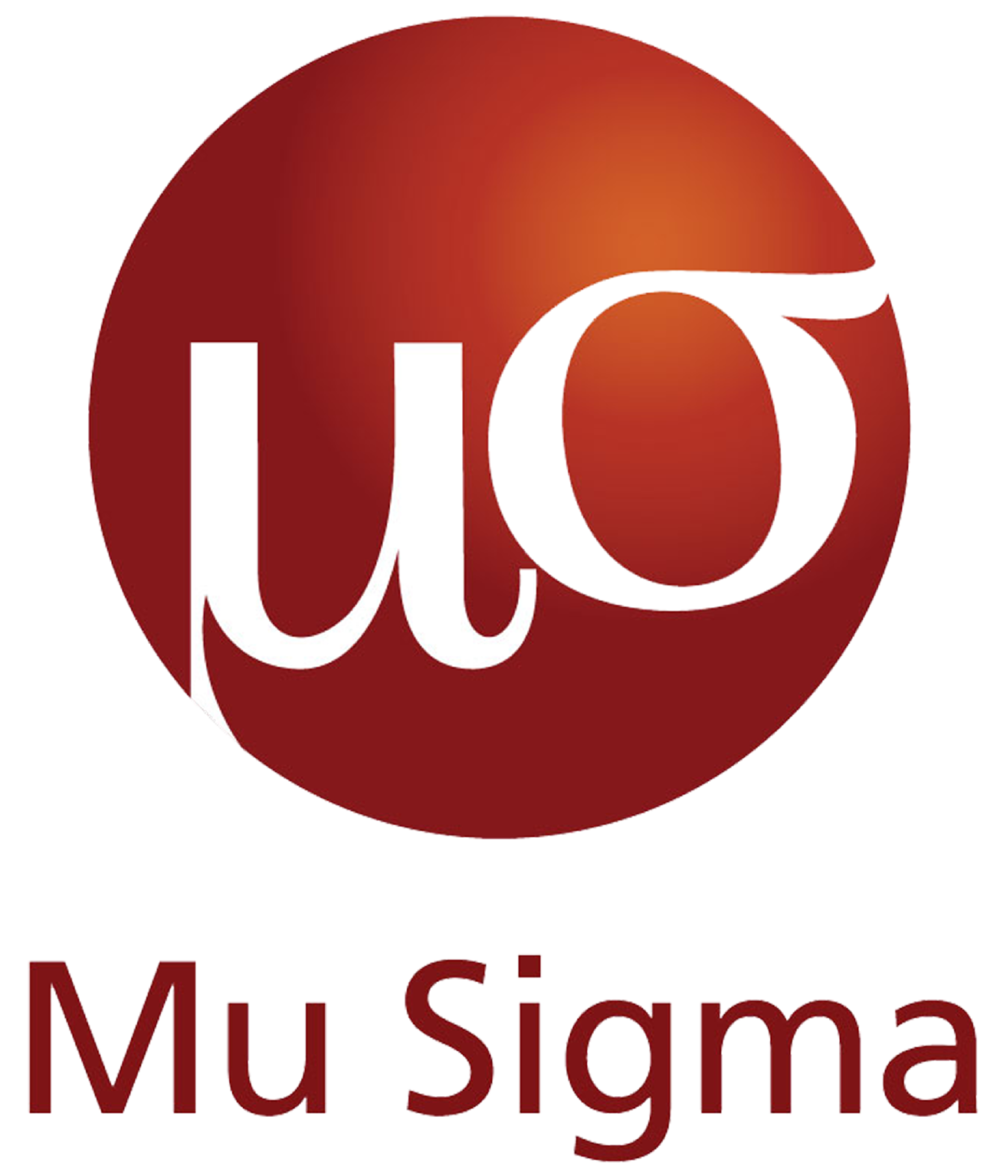Join the many companies that staff their roles with our software engineers
Our software engineers are ready to be hired
Alicia R.
- Austin, TX
- 3 years of experience
Improved application performance by 40% through code optimization and implementation of caching strategies.
Led development of 3 microservices, handling over 500,000 daily API requests with 99.9% uptime.
Implemented robust error handling and logging systems, significantly enhancing application stability and ease of debugging.
Recent Project
Alicia developed a real-time data processing pipeline for a large e-commerce platform. The system ingested and analyzed user behavior data from multiple sources, providing instant insights for personalized product recommendations. Her implementation resulted in a 25% increase in average order value and improved customer engagement metrics across the platform.
Darius M.
- Seattle, WA
- 9 years of experience
Reduced cloud infrastructure costs by 30% through optimization of resource allocation and implementation of serverless architectures.
Increased unit test coverage from 65% to 95%, resulting in a 40% decrease in production bugs.
Mentored junior developers on best practices in software design, code review processes, and agile methodologies.
Recent Project
Darius spearheaded the development of a machine learning-powered fraud detection system for a fintech startup. The system analyzed transaction patterns in real-time and flagged suspicious activities with 98% accuracy. His implementation helped the company prevent over $2 million in potential fraud losses within the first six months of deployment.
Sophia L.
- Boston, MA
- 4 years of experience
Developed and maintained 5 critical microservices, processing over 1 million transactions daily with 99.99% uptime.
Improved CI/CD pipeline, reducing deployment time by 60% and enabling 3x more frequent releases.
Implemented comprehensive security measures, including encryption at rest and in transit, to ensure compliance with industry standards and regulations.
Recent Project
Sophia led the development of a scalable content delivery network for a major streaming service. Her solution utilized edge computing and dynamic content caching to reduce latency by 50% for users across different geographical regions. The project significantly improved user experience and supported a 40% increase in concurrent users without performance degradation.
Ethan K.
- Atlanta, GA
- 4 years of experience
Optimized database queries, reducing average response time by 70% and improving overall application performance.
Contributed to open-source projects, with pull requests merged into 3 major libraries used by over 100,000 developers.
Designed and implemented a modular architecture for a legacy system, improving maintainability and enabling faster feature development.
Recent Project
Ethan developed a blockchain-based supply chain management system for a multinational corporation. The solution provided end-to-end traceability of products, from raw materials to end consumers. His implementation increased supply chain transparency by 80% and reduced product recall times from days to hours.
Naomi T.
- Denver, CO
- 9 years of experience
Increased mobile app user retention by 35% through implementation of personalized push notifications and user engagement features.
Reduced application load time by 50% through code splitting and lazy loading techniques.
Led the migration of a monolithic application to a microservices architecture, improving scalability and enabling independent service deployments.
Recent Project
Naomi created an AI-powered virtual assistant for a healthcare provider. The assistant used natural language processing to understand and respond to patient queries, schedule appointments, and provide basic medical information. Her implementation reduced call center volume by 30% and improved patient satisfaction scores by 25%.
Nexus IT Group will quickly staff your technical roles
81%
of our successful candidates are submitted within one week
92%
of our candidates will accept your offer
96%
of our candidates are employed with your firm after 12 months
What our clients have said about working with Nexus IT Group
Our client creates balance between existing investments and cloud-driven innovation with a practical approach that prioritizes results. This particular client tasked our cloud recruiters with a challenging project. Being named Google Cloud Partner of the Year, this recognition required them to increase their Google Cloud Architect and Engineering resources. Google Cloud talent is quite a bit more scarce than AWS and demand more salary, so our cloud recruiters had to get creative with our sourcing strategy. Reach out to learn how we filled 13 Google Cloud professionals for this client.


A 3 year old startup who is transforming insurance buying by providing a digital insurance engine and world-class underwriting capabilities tasked Nexus IT group to identify, vet, and hire a Head of Data Engineering for the data engineering group. Our data scientist recruiters quickly got on this executive level search. Diversity sourcing and hiring was very important for this client so the team focused on diversity sourcing. We ended up sourcing 176 candidates, submitted six candidates and the client ended up hiring one candidate.


Our client creates balance between existing investments and cloud-driven innovation with a practical approach that prioritizes results. This particular client tasked our cloud recruiters with a challenging project. Being named Google Cloud Partner of the Year, this recognition required them to increase their Google Cloud Architect and Engineering resources. Google Cloud talent is quite a bit more scarce than AWS and demand more salary, so our cloud recruiters had to get creative with our sourcing strategy. Reach out to learn how we filled 13 Google Cloud professionals for this client.


Our client creates balance between existing investments and cloud-driven innovation with a practical approach that prioritizes results. This particular client tasked our cloud recruiters with a challenging project. Being named Google Cloud Partner of the Year, this recognition required them to increase their Google Cloud Architect and Engineering resources. Google Cloud talent is quite a bit more scarce than AWS and demand more salary, so our cloud recruiters had to get creative with our sourcing strategy. Reach out to learn how we filled 13 Google Cloud professionals for this client.
Frequently asked questions about hiring your next software engineer
Look for proficiency in programming languages relevant to your tech stack (e.g., Java, Python, JavaScript), understanding of data structures and algorithms, knowledge of software design patterns, experience with version control systems (e.g., Git), and familiarity with agile development methodologies.
While a CS degree can provide a strong foundation, it’s not always essential. Many successful engineers are self-taught or come from coding bootcamps. Focus on the candidate’s practical skills, problem-solving abilities, and relevant experience rather than formal education alone.
Senior engineers typically have 5+ years of experience, deeper technical knowledge, experience with system design and architecture, strong problem-solving skills, and often leadership abilities. Junior engineers are usually earlier in their careers and may require more guidance and mentoring.
Use coding challenges, algorithmic problems, and system design questions. Ask candidates to explain their thought process as they solve problems. Look for logical thinking, creativity, and the ability to consider various approaches and trade-offs.
While experience in your tech stack is beneficial, don’t overlook candidates with strong fundamentals who have worked with different technologies. Good engineers can often adapt quickly to new languages and frameworks. Consider the candidate’s ability to learn and their overall problem-solving skills.
Cloud platform experience is increasingly important as many companies utilize cloud services. Familiarity with platforms like AWS, Azure, or Google Cloud can be valuable. However, the level of importance depends on your specific infrastructure and projects.
Look for strong communication skills, teamwork abilities, adaptability, attention to detail, and a proactive approach to learning. These soft skills are crucial for collaboration, code reviews, and adapting to evolving technologies and project requirements.
Review their GitHub repositories or ask for code samples. During interviews, discuss their approach to writing clean, maintainable code. Look for understanding of best practices, code organization, and ability to write efficient and readable code.
While not all Software Engineers need to be DevOps experts, familiarity with CI/CD pipelines, containerization (e.g., Docker), and basic system administration can be beneficial. The level of DevOps knowledge needed depends on your team structure and development processes.


